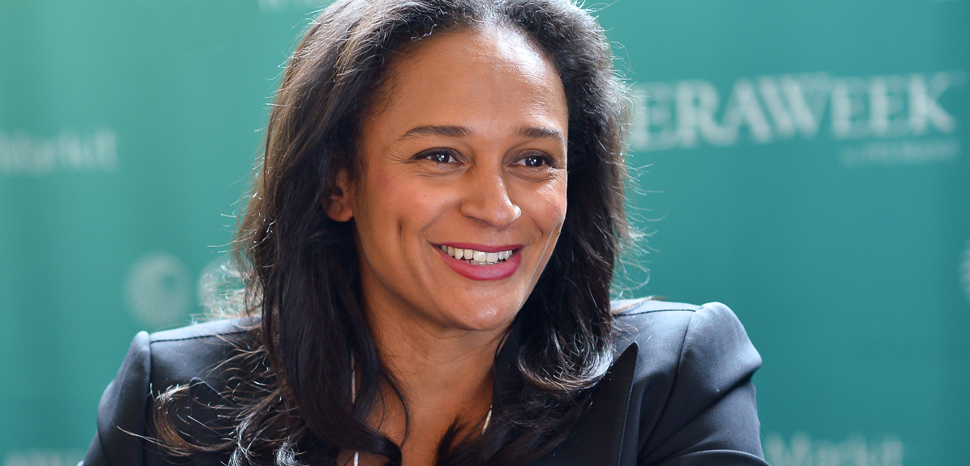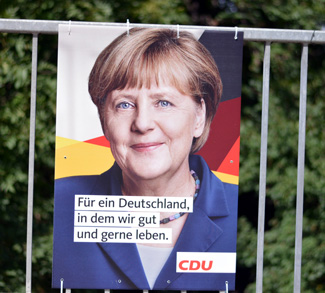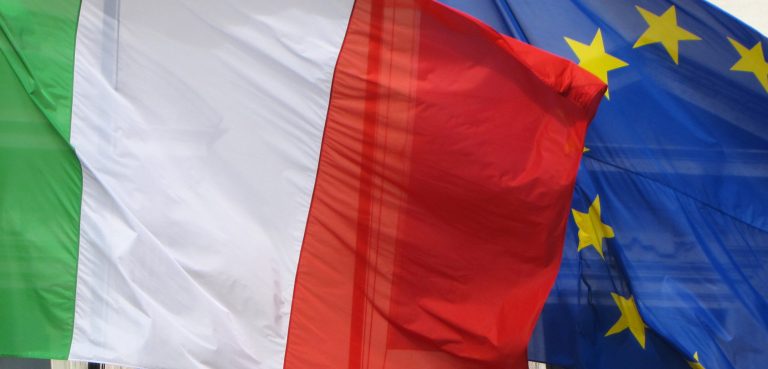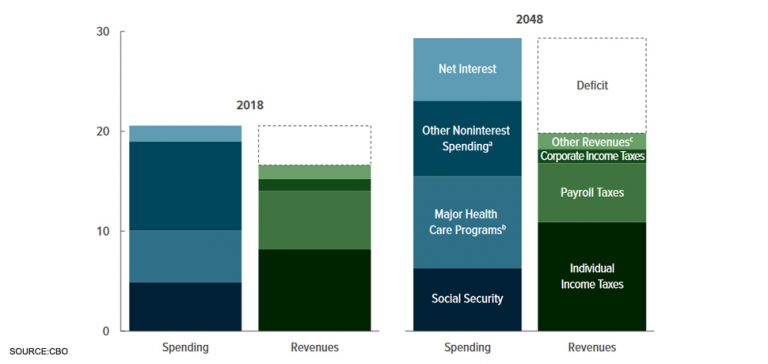Isabel dos Santos was just 6 years old when her father, Jose Eduardo dos Santos, became president of Angola. By consolidating control over People’s Movement for the Liberation of Angola (MPLA), a party that has ruled Angola uninterrupted since its independence from Portugal, the elder dos Santos reigned over the oil-rich country for 38 years. Although his legacy features a victory in the country’s civil war, it remains tainted by graft, weak institutions, and poor governance.
Among the major beneficiaries of dos Santos’ rule was the enterprising Isabel, who amassed a fortune in sectors closely intertwined with the government. Stakes in telecoms, mining, real estate, and banking explain in part how 7 years ago Isabel dos Santos’ simultaneously became Africa’s youngest, and only female, billionaire.
Though allegations of corruption have dogged members of the dos Santos family for decades, a recent trove of evidence provided to the International Consortium of Investigative Journalists (ICJ) lends credence to many of the claims surrounding the origin of Isabel’s wealth. Dubbed the “Luanda Leaks”, the documents answer questions related to how she leveraged personal connections to the government to secure valuable equity and preferential deals in and with both domestic and foreign businesses operating in Angola.
Even after her father’s resignation from the presidency in 2017, the London-educated businesswomen saw her notoriety rise, largely due to allegations of nepotism and kleptocracy during the dos Santos era. Public outcry was further fueled by Isabel’s net worth, estimated to be over $2 billion USD, in a country where two-thirds of the population lives on less than $2 USD per day.
In response to mounting political pressures on the incumbent government, President João Lourenço has prioritized an investigation into the business dealings of Isabel dos Santos, using the subject’s widespread media attention to highlight the excess of his predecessor. Lourenço’s spirited zeal comes as a surprise to most Angolans. A former defense minister, Lourenço not only comes from the same MPLA party, but was also said to be the preferred successor of the elder dos Santos. Thus, Lourenço’s intensive focus on Isabel dos Santos presents ample opportunity for political plaudits with the public, the media, and with foreign investors, who, amid low oil prices, have left in droves.
With her father no longer at the helm to provide protection, Isabel dos Santos potentially faces a rapid devaluation of her wealth following the Angolan government’s decision to freeze her assets. Now living in self-imposed exile in the United Kingdom, dos Santos vehemently dismisses allegations that her wealth stems from her father’s position, suggesting instead that business acumen is to explain for her business success.
Nevertheless, the information derived from the Luanda Leaks explain otherwise. Investigative reporters have noted a systemic link between businesses connected to dos Santos’ and the awarding of permits and licenses required to operate in the country. Furthermore, the movement of dos Santos’ wealth outside of Angola provides a compelling case study regarding the opacity of the global financial system. By making use of tax havens, legal loopholes, along with the expertise of knowledgeable advisors, the staggering findings of the Luanda Leaks have shifted the onus on various businesses and governments outside of Angola that chose to do business with dos Santos. Among those also ensnared in the scandal are lauded consulting firms such as the US-based Boston Consulting Group (BCG) and UK-based PricewaterhouseCoopers (PWC), in addition to several companies sprawled across Europe and Africa that count Isabel dos Santos as a significant shareholder.
Much of the investigation on dos Santos’ wealth concentrates on her time as the head of Sonangol, a state-owned oil giant. Following her father’s controversial move to fire the board of Sonangol, it was Isabel dos Santos whom the then-president installed to lead the struggling, but crucial, parastatal of the Angolan economy. As a result, Sonangal allegedly became a vessel in which multi-million dollar payments were funneled to various consulting firms claiming to have completed work on the company’s behalf.
Yet, even if Lourenço’s government is successful in its effort to reclaim some of the looted funds, the extent of Angola’s economic woes exceeds the improprieties of Isabel dos Santos. Among the few reforms introduced by the government are efforts to privatize state assets, and introduce robust competition to chip away at Angola’s reputation for monopolism. However, corruption continues to permeate nearly every level of Angola’s civil administration, complicating government initiatives to implement deregulatory reforms at scale.
Though it enjoys considerable natural-resource wealth, Angola struggles to induce job creation in its manufacturing and services sectors, leaving much of the country’s workforce stuck in subsistence agriculture. Furthermore, with oil accounting for over 90% of exports, the prospects of a nearing recovery appear bleak. Having endured four years of contraction, Angola’s economy will necessitate either a rebound in global oil prices or a diversification strategy that attracts investment in the country’s services or manufacturing sectors, thereby generating jobs and non-oil exports.
Incidents, like that of the dos Santos debacle, are all too common among Africa’s resource-rich and graft-laden states. Whether Angola can adequately recover from decades of mismanagement will depend upon the government’s capacity and willingness to address the problems that enabled the corruption in the first place.
The views expressed in this article belongs to the author alone and does not necessarily reflect those of any institutions with which the author is associated with or Geopoliticalmonitor.com.




